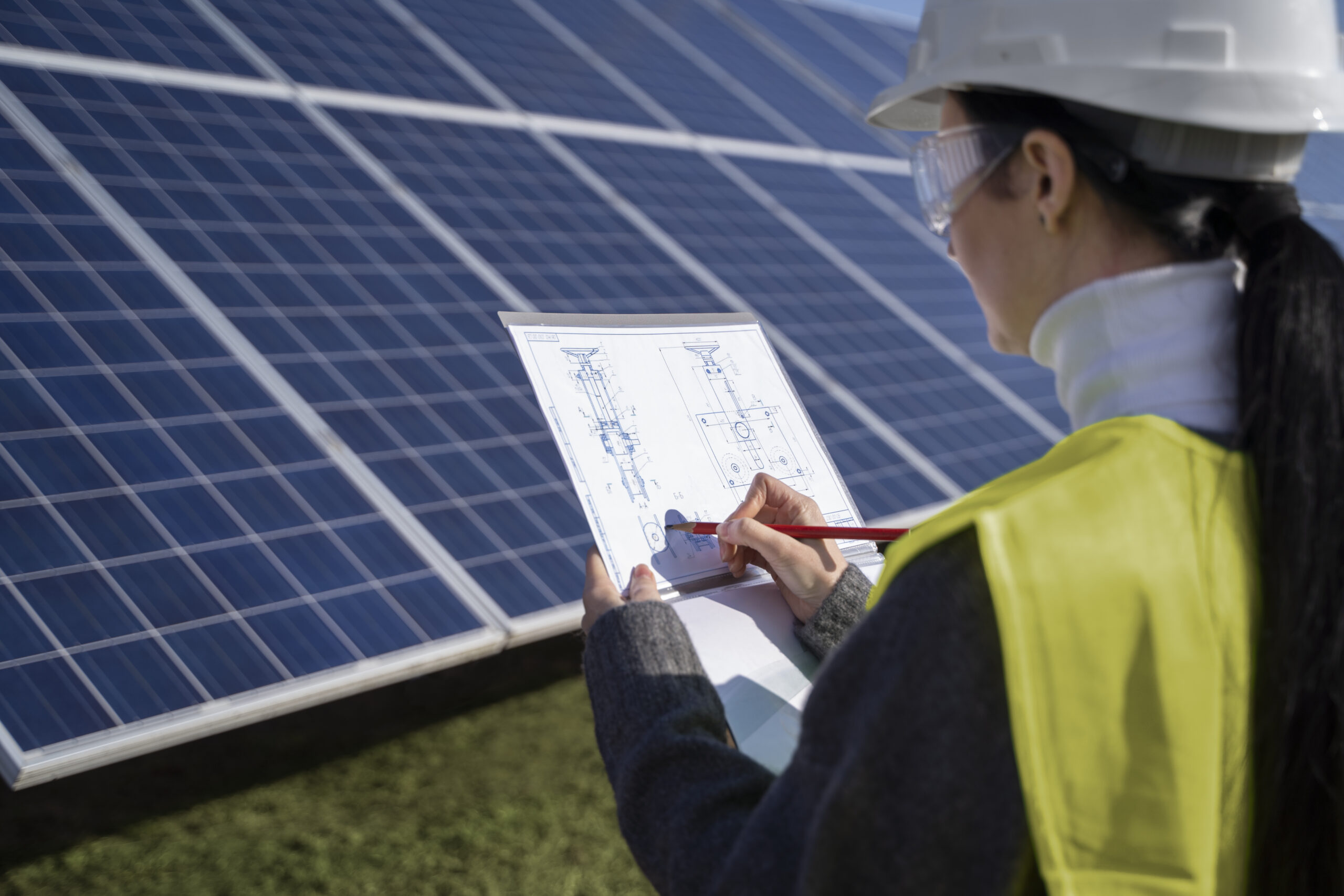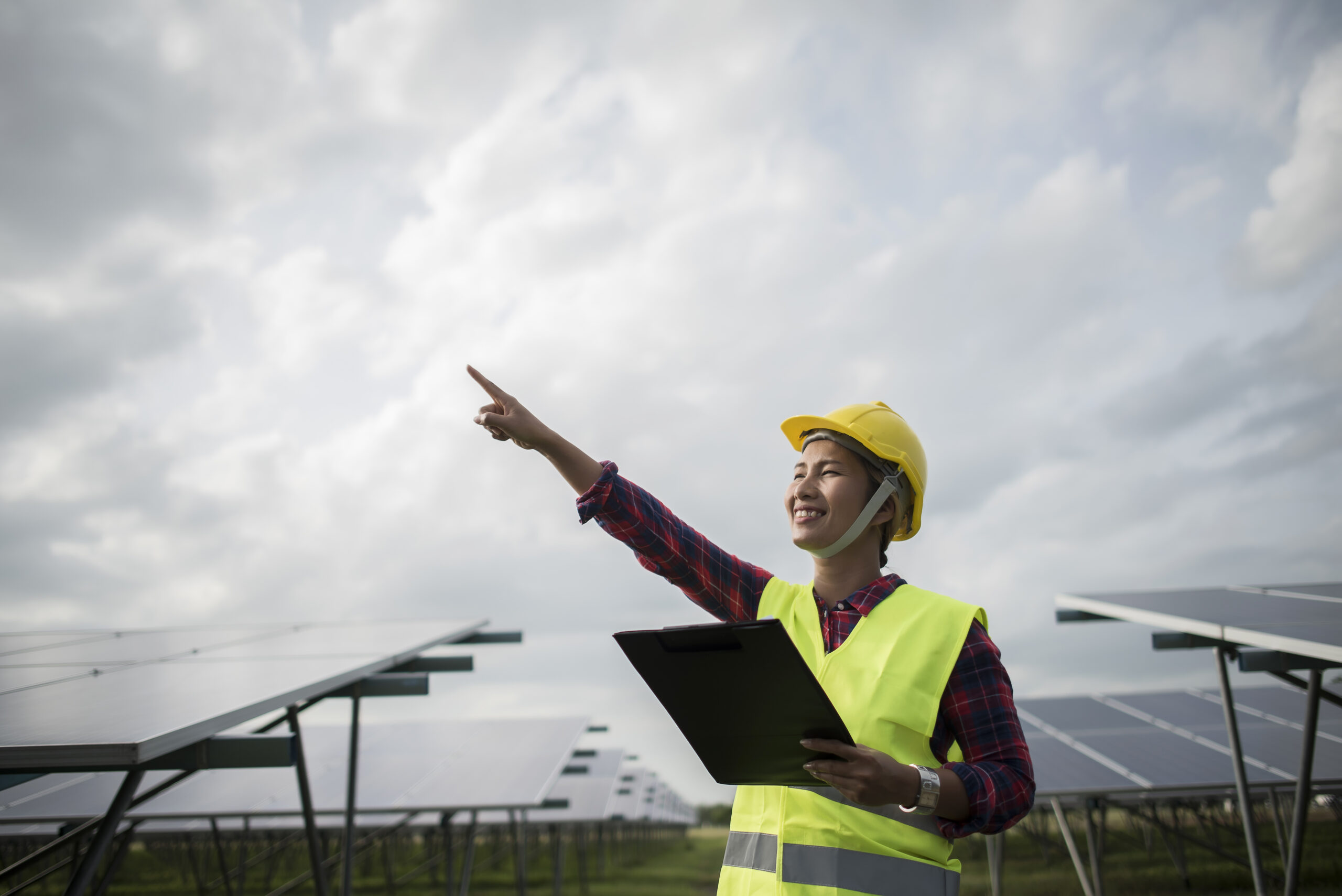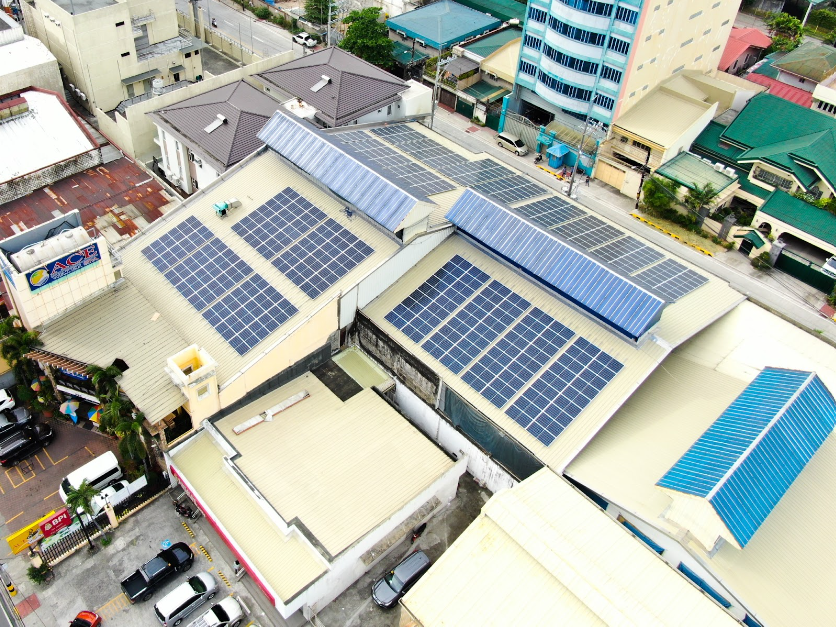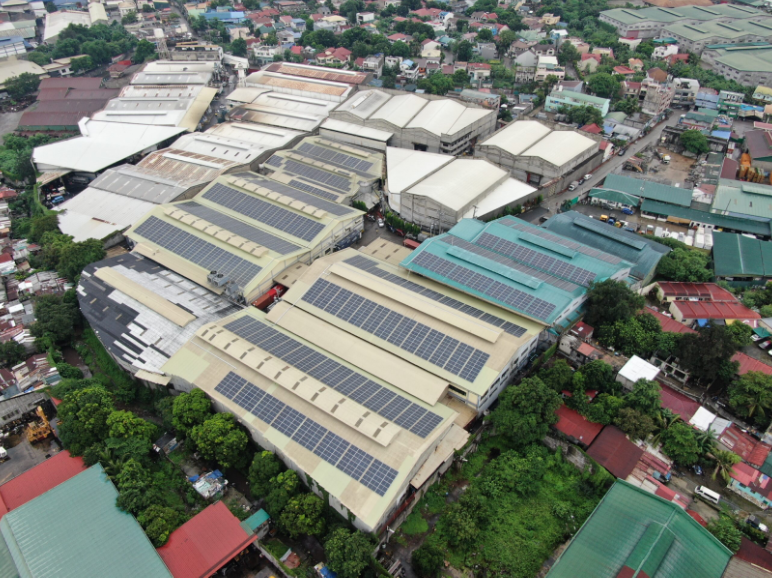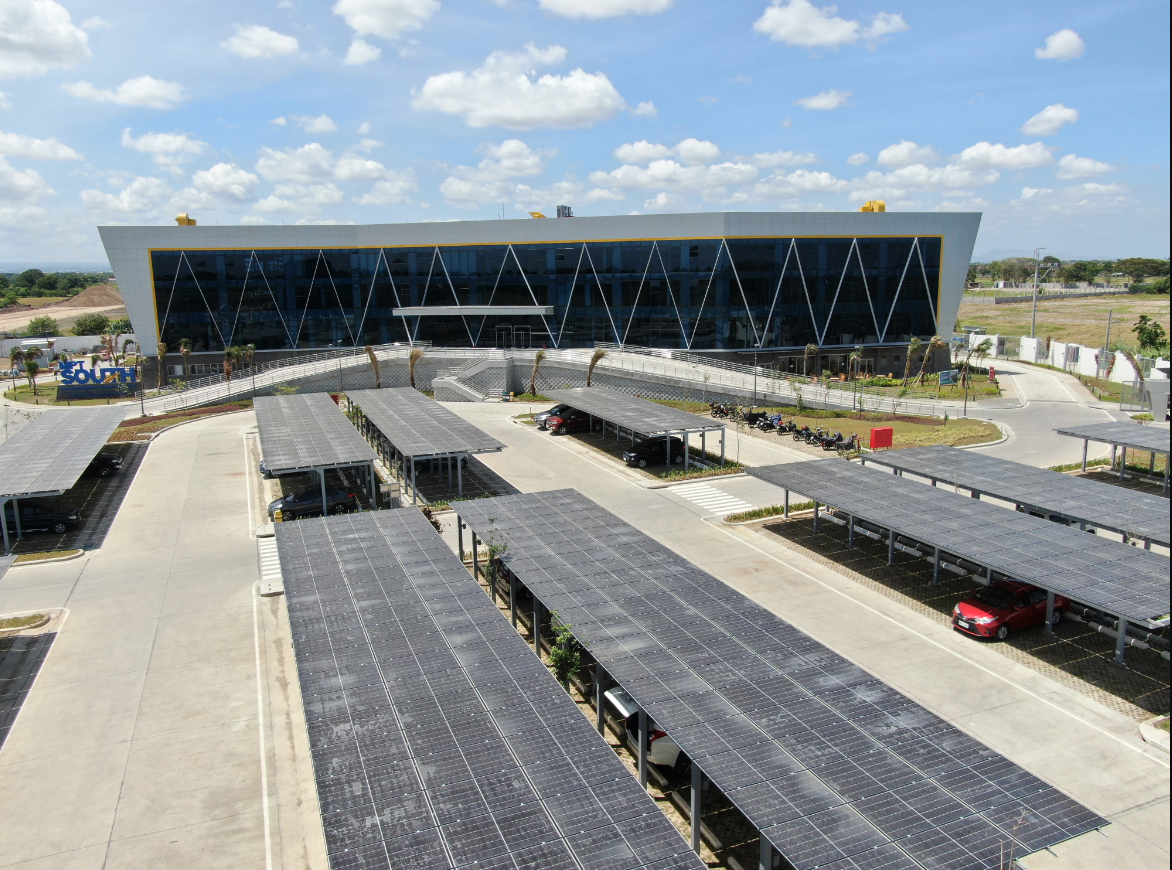Manila, Philippines – Berde Renewables Inc., a distributed renewable energy portfolio company of I Squared Capital based in the Philippines, has announced the expansion of its partnership with Holcim Philippines. Building on the success of last year’s solar rooftop projects, the two companies are now taking their collaboration to the next level. Together, they will work to increase the renewable energy capacity at Holcim’s facilities in Davao City and Lugait Misamis Oriental, further enhancing their sustainability efforts.
Through the expanded partnership, Berde Renewables will take on the design, construction, and management of additional solar facilities at new Holcim sites, increasing the combined capacity to 12.79 megawatt-peak (MWp). These installations are expected to generate approximately 21,263 megawatt hours of clean energy annually, which will help reduce carbon emissions by approximately 14,000 metric tons per year. This project supports Holcim’s ambitious goal of reducing Scope 2 emissions by 65 percent by 2030.
Being selected once again through a highly competitive process is a testament to Berde’s proven track record and the trust that Holcim Philippines places in our expertise,” said Patrick Zhu, CEO of Berde Renewables. “We are truly honored to extend our partnership and work together to accelerate the Philippines’ transition to renewable energy.”
“Berde Renewables’ exceptional track record, proven through their re-selection in a highly competitive process, makes them an indispensable partner in advancing our sustainability goals,” said Nicolas George, CEO of Holcim Philippines. “This partnership is pivotal in reducing our environmental impact and accelerating the Philippines’ shift to renewable energy.”

In-Photo (L-R): Philip Roxas, Commercial Director of Berde Renewables, Inc., Patrick Zhu, Co-founder and President of Berde Renewables, Inc., Nicolas George, President and CEO of Holcim Philippines, Inc., Jill Ramos, (OIC) Chief Sustainability Officer of Holcim Philippines, Inc., and Rainier Elepaño, Category Manager of Holcim Philippines, Inc.
About Berde Renewables Inc.
Berde Renewables Inc. is an iSquared Capital portfolio company dedicated to drive clean energy transition and innovative sustainable energy solutions. Co-founded by Morris Zhou and Patrick Zhu, Berde Renewables develop, build, and operate distributed renewable energy projects that empower commercial and industrial customers to switch to sustainable power, significantly reducing their electricity costs.
iSquared Capital is a global private equity firm specializing in infrastructure investments. With a strong focus on energy, utilities, and digital infrastructure, the firm leverages its extensive industry expertise to drive sustainable growth and create value across markets worldwide.
Website: www.berderenewables.com
Contact us!
About Holcim Philippines
Holcim Philippines, Inc. is one of the leading building solution companies in the country. The Company has a deep portfolio of innovative solutions fostered by a full range of products from structuring to finishing applications that can help local builders execute with high performance and efficiency a wide range of projects from massive infrastructure to simple home repairs.
With cement manufacturing facilities in La Union, Bulacan, Batangas, Misamis Oriental and Davao, as well as aggregates and dry mix business and technical support facilities for building solutions, Holcim Philippines is a reliable partner of builders in the country.
Holcim Philippines is also committed to the highest standards of sustainable operations and manufacturing excellence with its plants certified under ISO 14001:2015 (Environmental Management System), ISO 9001:2015 (Quality Management System) and OHSAS 45001:2018 (Occupational Health and Safety Management System).
Holcim Philippines is a member of the Holcim Group, a global leader in innovative and sustainable building solutions.
About Holcim
Holcim is a global leader in innovative and sustainable building solutions with net sales of CHF 26.4 billion in 2024. Driven by our purpose to build progress for people and the planet, our 65,000 employees are on a mission to decarbonize building, while improving living standards for all. We empower our customers across all regions to build better with less, with a broad range of low-carbon and circular solutions, from ECOPact and ECOPlanet to our circular technology platform ECOCycle®. Through innovative systems, from Elevate roofing to PRB insulation, Holcim makes buildings more sustainable in use, driving energy efficiency and green retrofitting. With sustainability at the core of our strategy, we are on the way to becoming a net-zero company with 1.5°C targets validated by SBTi.
Learn more about Holcim on www.holcim.com, and by following us on LinkedIn and Twitter.

